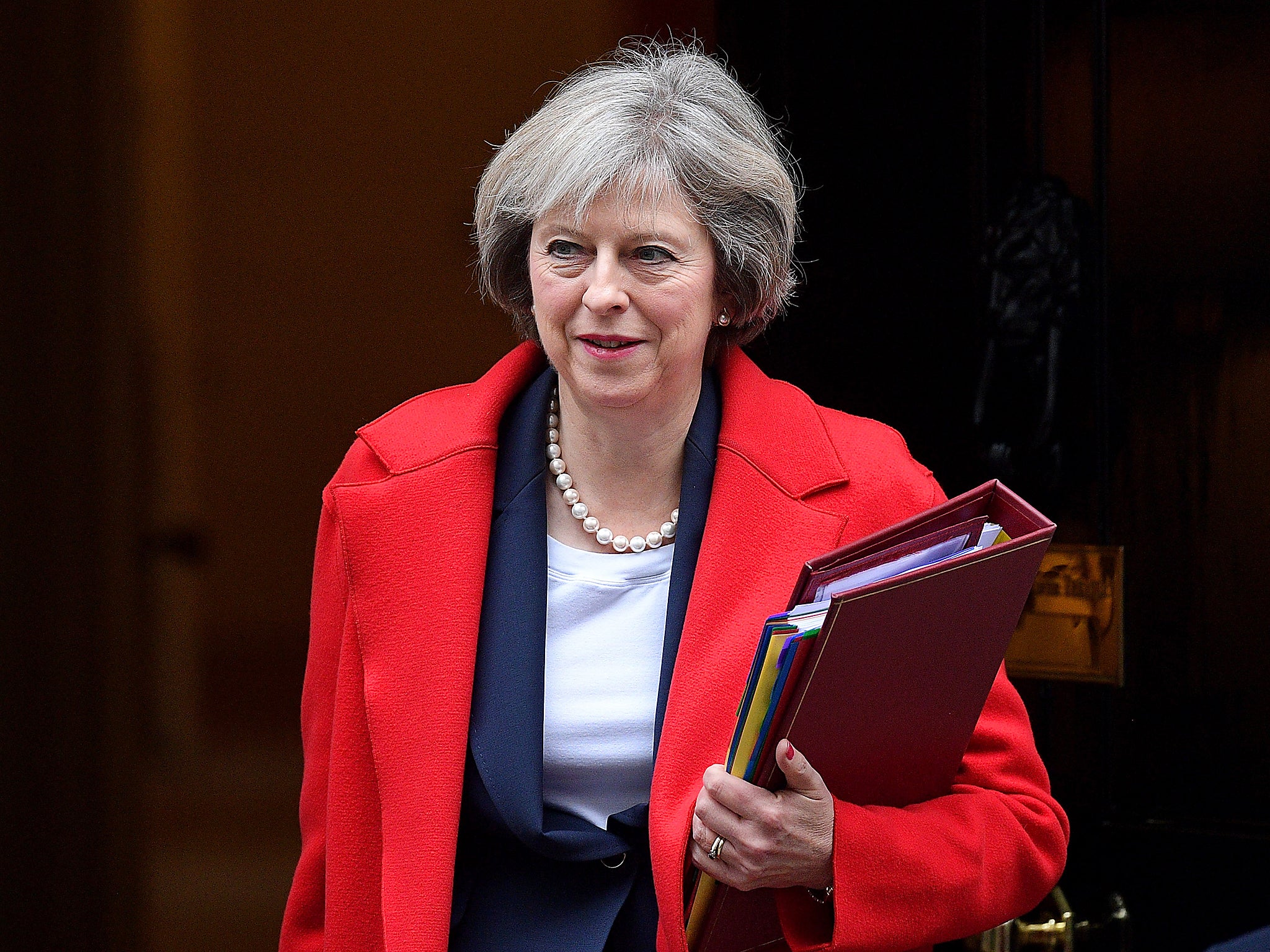Secret memo suggests Britain unlikely to stay in single market
Memo suggests Government will pursue 'Canada plus' deal but securing agreement on services will be 'difficult'

Your support helps us to tell the story
From reproductive rights to climate change to Big Tech, The Independent is on the ground when the story is developing. Whether it's investigating the financials of Elon Musk's pro-Trump PAC or producing our latest documentary, 'The A Word', which shines a light on the American women fighting for reproductive rights, we know how important it is to parse out the facts from the messaging.
At such a critical moment in US history, we need reporters on the ground. Your donation allows us to keep sending journalists to speak to both sides of the story.
The Independent is trusted by Americans across the entire political spectrum. And unlike many other quality news outlets, we choose not to lock Americans out of our reporting and analysis with paywalls. We believe quality journalism should be available to everyone, paid for by those who can afford it.
Your support makes all the difference.Britain is unlikely to be able to stay in the single market after Brexit, according to notes carried by a senior Conservative party aide.
The note, photographed in Whitehall in the arms of an official, says Britain would be "loath" to introduce "transitional" contols after it leaves the EU in order to give the City access to the single market.
It suggests the Government wants to "have cake and eat it" but this would be difficult given the attitudes of the French negotiation team.
The document was spotted in the arms of the chief of staff to Mark Field, the vice-chairman of the Conservative party, as he left a meeting at the Department for Exiting the European Union on Monday.
The document also says the triggering of Article 50, which formally starts Brexit negotiations, was likely to be "difficult". It reveals that the EU's chief negotiator, Michel Barnier, "wanted to see what the deal looks like first" but the Government does not want to provide details.
It says Britain wanted to have a "Canada plus" trade deal rather than remaining a member of the European Economic Area (EEA) but negotiating over services, especially the financial sector, is likely to be "difficult".
The notes also suggested Britain would no longer under the jurisdiction of the European Court of Justice.
The memo comes after many complained the Government appeared to have "no plan" for Brexit as they have yet to lay out a definitive negotiating strategy.
Earlier it was revealed ministers are facing a legal challenge over whether leaving the EU means automatic withdrawal from the single market.
Pro-EU think-tank British Influence is writing to Brexit Secretary David Davis to seek clarification on the Government's position regarding the UK's status in the wider European Economic Area (EEA) when it quits the EU.
The think-tank has said a legal challenge is likely as it believes leaving the EU does not mean quitting the EEA which extends the single market's tariff-free trade in goods to countries like Norway, Iceland and Liechtenstein.
A legal challenge could result in Parliament being given the final say on EEA membership.
A spokesman for British Influence said: "It is likely there will be a legal action because, in our view, the Government has taken a stance that leaving the EU means leaving the single market."
This latest legal challenge follows on from a High Court ruling earlier this month which said the Government must get the approval of Parliament before triggering Article 50.
Campaigners argued that it would be undemocratic for the Government to effectively repeal the European Communities Act 1972 without the consent of Parliament and there needed to be proper parliamentary oversight of the Brexit process.
The case is due to be heard in the Supreme Court before Christmas but could then be taken to the European Court of Justice.
A Government spokesman said: "These individual notes do not belong to a Government official or a special adviser. They do not reflect the Government's position in relation to Brexit negotiations."
Subscribe to Independent Premium to bookmark this article
Want to bookmark your favourite articles and stories to read or reference later? Start your Independent Premium subscription today.
Join our commenting forum
Join thought-provoking conversations, follow other Independent readers and see their replies
Comments